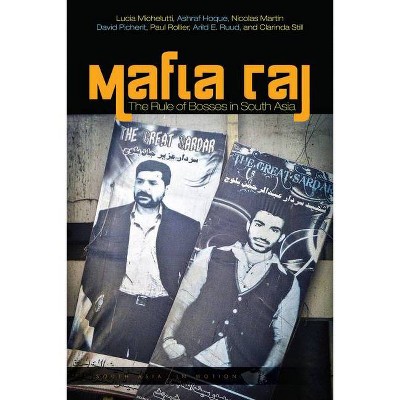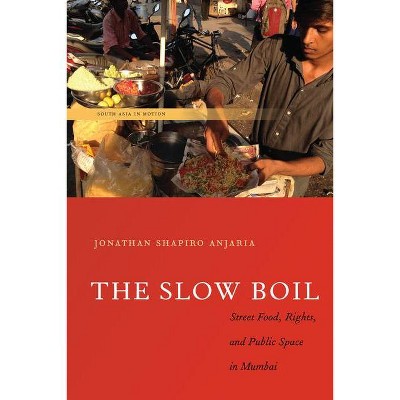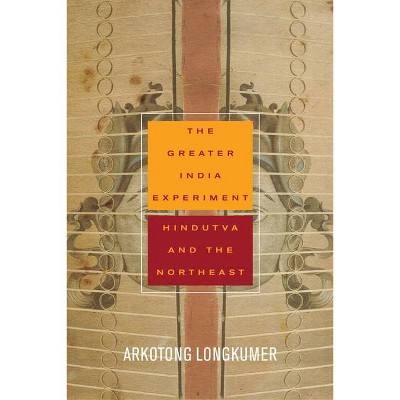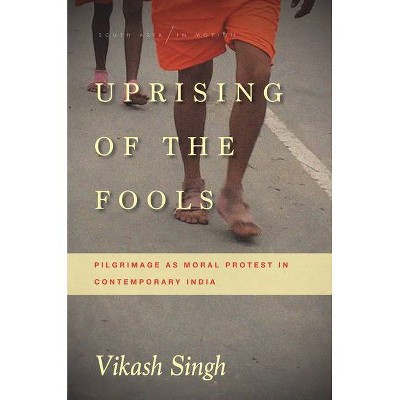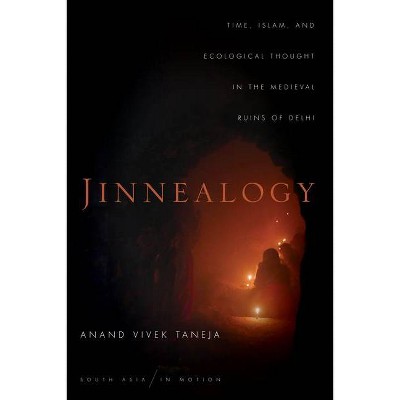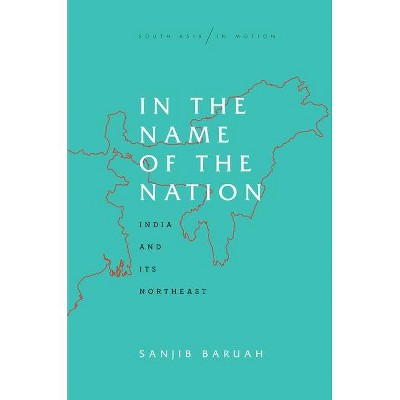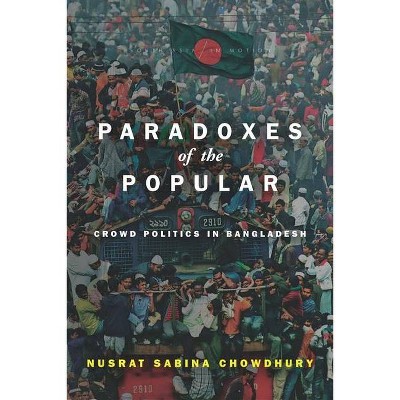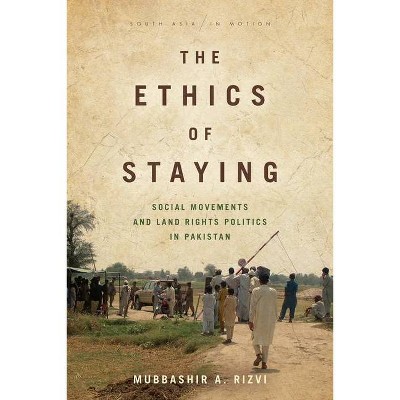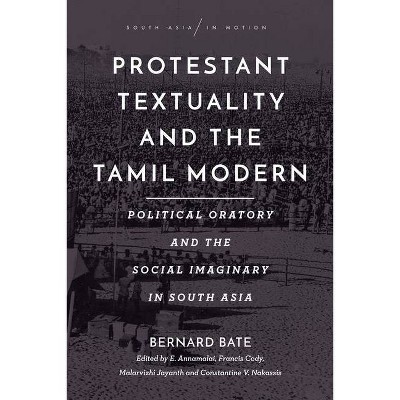The Demands of Recognition - (South Asia in Motion) by Townsend Middleton (Paperback)
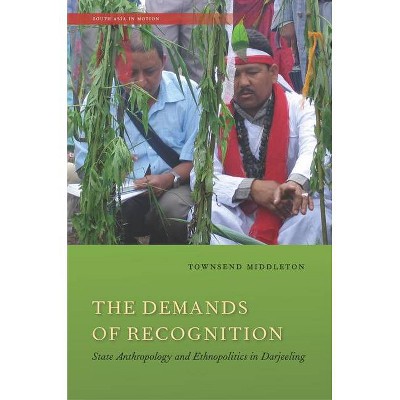
Similar Products
Products of same category from the store
AllProduct info
<p/><br></br><p><b> Book Synopsis </b></p></br></br><p>Since the British colonial period anthropology has been central to policy in India. But today, while the Indian state continues to use ethnography to govern, those who were the objects of study are harnessing disciplinary knowledge to redefine their communities, achieve greater prosperity, and secure political rights.</p> <p>In this groundbreaking study, Townsend Middleton tracks these newfound lives of anthropology. Offering simultaneous ethnographies of the people of Darjeeling's quest for tribal status and the government anthropologists handling their claims, Middleton exposes how minorities are--and are not--recognized for affirmative action and autonomy. We encounter communities putting on elaborate spectacles of sacrifice, exorcism, bows and arrows, and blood drinking to prove their primitiveness and backwardness. Conversely, we see government anthropologists struggle for the ethnographic truth as communities increasingly turn academic paradigms back upon the state.</p> <p><i>The Demands of Recognition</i> offers a compelling look at the escalating politics of tribal recognition in India. At once ethnographic and historical, it chronicles how multicultural governance has motivated the people of Darjeeling to ethnologically redefine themselves--from Gorkha to tribal and back. But as these communities now know, not all forms of difference are legible in the eyes of the state. The Gorkhas' search for recognition has only amplified these communities' anxieties about who they are--and who they must be--if they are to attain the rights, autonomy, and belonging they desire.</p><p/><br></br><p><b> Review Quotes </b></p></br></br><br><i>The Demands of Recognition</i> makes a major contribution to the understanding of contemporary indigenous cultural politics. Middleton has a gift for luminous ethnographic narrative and incisive theoretical formulations.--James Clifford, University of California "Santa Cruz"<br><br>This book vividly stages the encounter between the ethnographic state and community politics in northeastern India. Middleton asks how and why a movement for regional sovereignty sought 'the tribal slot' to achieve recognition and redress. He finds the answer in anthropology. With lively prose and keen insight, he illuminates the unruly force of anthropological knowledge within postcolonial governance and rights.--Ajantha Subramanian, Professor of Anthropology and of South Asian Studies "Harvard University"<br><br>In this remarkable ethnography, Townsend Middleton examines the recursive power of ethnographic classification by demonstrating anthropology's powerful role in the politics of postcolonial recognition in India. At once an ethnography of 'tribal' communities in Darjeeling and of the government anthropologists studying them, this dizzying hall of mirrors will provoke and unsettle.--Akhil Gupta "University of California, Los Angeles, author of <i>Red Tape</i>"<br><p/><br></br><p><b> About the Author </b></p></br></br>Townsend Middleton is Assistant Professor in the Department of Anthropology at the University of North Carolina at Chapel Hill.
Price History
Cheapest price in the interval: 28 on November 8, 2021
Most expensive price in the interval: 28 on December 20, 2021
Price Archive shows prices from various stores, lets you see history and find the cheapest. There is no actual sale on the website. For all support, inquiry and suggestion messagescommunication@pricearchive.us
